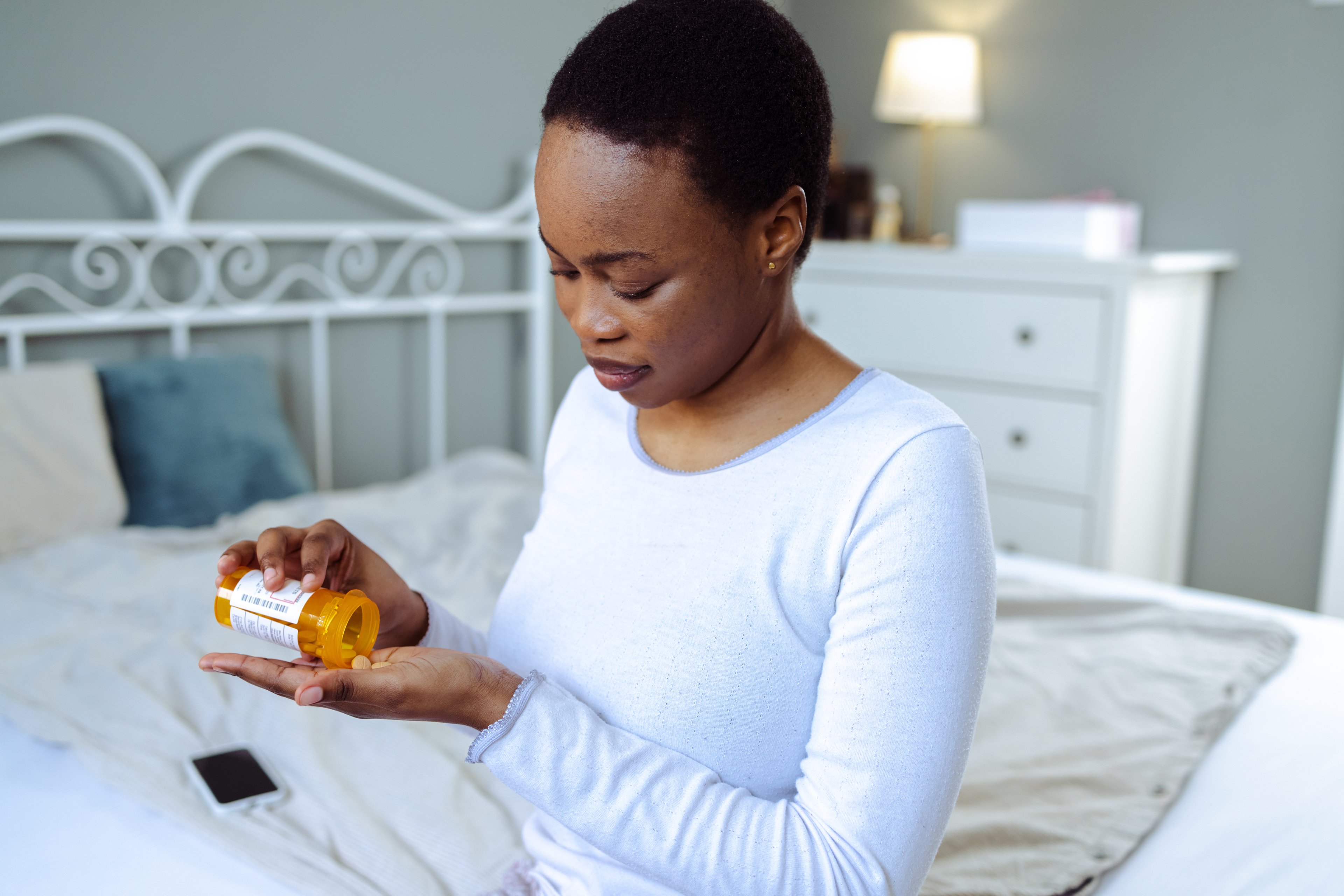AbbVie (ABBV 3.79%) needed some good news: Its announcement late last month of a plan to acquire Allergan went over like a lead balloon on Wall Street, and its stock price is down 25% so far this year. Investors continue to worry about the slumping sales of the big pharma company's top-selling drug Humira.
However, the drugmaker gave shareholders a reason to smile when it reported its second-quarter results before the market opened Friday -- because they were better than most analysts expected. Here are five things you need to know about AbbVie's Q2 earnings update.

Image source: Getty Images.
1. Revenue was down, but not as far as expected
AbbVie's total revenue slipped 0.3% year over year to $8.255 billion. But this total was a little better than the average forecast of Wall Street analysts, which was $8.1 billion. On an operational basis, AbbVie's revenue even rose by 1.5% year over year.
Granted, none of this will cause anyone to pop the corks on the champagne. However, AbbVie can use any good news it can get right now.
2. Humira's U.S. growth was not enough to offset European shrinkage
The main story for AbbVie is still Humira. The good news from Q2 was that U.S. sales for the immunology drug increased by 7.7% year over year to $3.8 billion. The bad news was that international sales for Humira plunged 35.2% from the prior-year period to $1.1 billion. As a result, Humira's total global net revenue fell 6.1% year over year to $4.9 billion.
The problem, of course, is that Humira now faces competition in Europe from biosimilars. The year-over-year comparisons should look a lot better in 2020, but that doesn't make things better right now. And investors know that 2023 -- when biosimilars to Humira will go on sale in the U.S. -- is just around the corner.
3. Sales of its blood cancer drugs kept growing
In its first-quarter earnings results, there was one bright spot for AbbVie: The performance for its blood cancer drugs Imbruvica and Venclexta. That story continued in Q2 as sales of both treatments gained momentum.
Revenues from Imbruvica jumped 29.3% year over year to $1.1 billion. Venclexta generated sales of $169 million, up from $151 million in Q1. And sales should pick up even more in the wake of the FDA's recent decision to approve the use of Venclexta in combination with Gazyva as a first-line treatment for chronic lymphocytic leukemia (CLL) or small lymphocytic lymphoma (SLL).
4. HCV treatment sales grew weaker
AbbVie is slugging it out with Gilead Sciences in the hepatitis C virus (HCV) market. Both companies have seen their HCV drug sales slide, however, as the population of people needing treatment shrinks.
In Q2, combined sales for AbbVie's HCV drugs Mavyret and Viekira fell 19.4% year over year to $784 million. The decline was even worse in international markets, where HCV revenue plunged 29.5%.
5. Management is guiding for higher adjusted earnings
AbbVie's most encouraging news was that it was raising its full-year 2019 adjusted earnings per share (EPS) guidance. The company now expects adjusted EPS of $8.82 to $8.92, higher than its previous guidance range of $8.73 to $8.83. The midpoint of AbbVie's new range represents year-over-year growth of 12.1%. The guidance boost came after AbbVie delivered adjusted EPS of $2.26 in Q2, well above the consensus Wall Street estimate of $2.21.
The company lowered its full-year GAAP EPS guidance, though. AbbVie projects GAAP diluted EPS in 2019 will be between $5.69 and $5.79, down from its previous outlook of $7.26 to $7.36. However, the difference stemmed largely from a non-cash charge the company recorded for the new immunology drug Skyrizi.
Big developments on the way
Speaking of Skyrizi, AbbVie continues to have great expectations for its new psoriasis drug. The company reported sales of Skyrizi totaled $48 million in its first quarter on the market. AbbVie eagerly awaits approval for another potential blockbuster immunology drug, upadacitinib. Market researcher EvaluatePharma forecasts that upadacitinib will be the second-biggest drug launched in 2019.
But looming largest on the horizon for AbbVie is its pending acquisition of Allergan. CEO Rick Gonzalez talked up the deal, calling it "a transformative transaction that will provide scale and diversity to our business and position AbbVie for top-tier performance over the long term." The acquisition is expected to close in early 2020.






